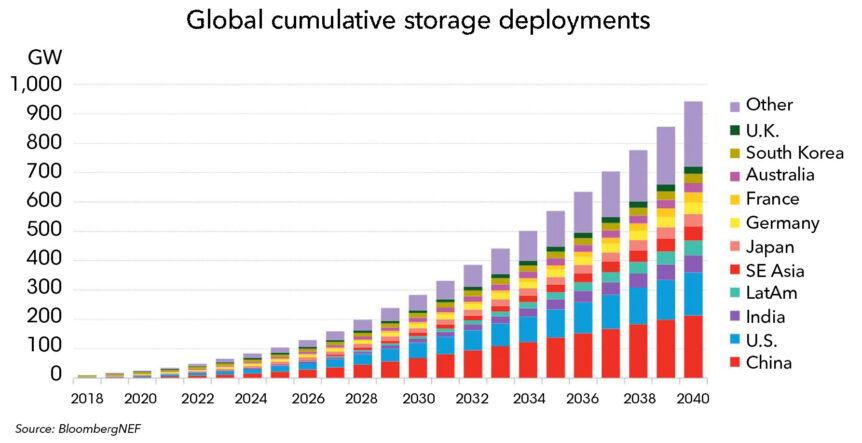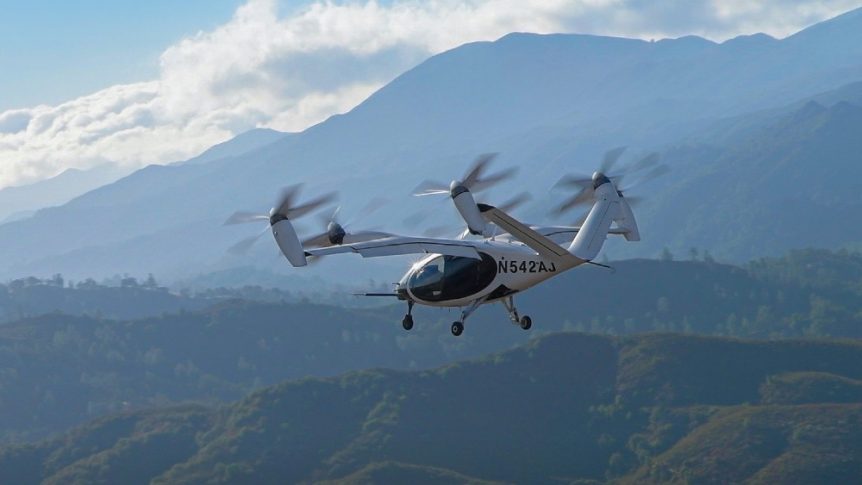With war in Ukraine threatening European and even American oil supplies, many nations are scrambling to develop and deploy cleaner sources of energy. That’s where the U. S. Department of Energy may have a large part in backing big money for battery research. $3.1 billion in funding from the Infrastructure Investment and Jobs Act (IIJA), “will support the creation of new, retrofitted, and expanded commercial facilities as well as manufacturing demonstrations and battery recycling.” Batteries get Billions, Big Oil Gets Trillions One sometimes wonders why the governments of the world subsidize Big Oil as much as they do. Big Oil has created the wealthiest corporations since the Roman Empire. First-world nations spend a tremendous amount of their wealth in extracting, refining, shipping and consuming these often dirty fuels. Bill McKibben recently wrote, “…almost half of what we move around the seas is not finished products (cars) nor even the raw materials to make them (steel), but simply the stuff that …
Joby “Unicorn” Gains Private, Military Backing
Joby Aviation is one of few “unicorns” in the electric Vertical Take Off and Landing (eVTOL) market, a billion-dollar enterprise. With funding coming from Toyota, several venture capital investors, Uber and the U. S. Army, Joby seems poised to demonstrate Urban Air Mobility (UAM) in a serious way. In 2011 JoeBen Bevirt, founder of Joby Energy, Joby Aviation, and creator of those knobby-looking tripods you see everywhere, invited Patrick McLaughlin to visit his design studio. Your editor got to tag along. On Woodpecker Ridge, north of Santa Cruz, JoeBen’s barn-like studio housed about a dozen engineers and designers all working on electricity-generating kites. He wore a T-shirt reading, “If you’re not living on the edge, you’re taking up too much room.” That edginess has helped him, in the last decade to be a major player, with now over 500 employees in the aviation sector. JoeBen and Patrick discussed motor design and integration with a controller Patrick had built from off-the-shelf …
Norway and the Netherlands Electrifying Aviation
Two European states that will benefit from the electrification of short-range airline flights are becoming strong proponents of new technology. Norwegian Would The Guardian headlined its article on greener airlines this way: “Norway aims for all short-haul flights to be 100% electric by 2040.” A subheadline explained, “It already has more electric cars than any other country in the world and also has shipping projects underway.” That’s in terms of market share, with electric and hybrid vehicles representing more than half of new car registrations in 2017. Avinor, the public operation of Norway’s airports, says short-haul airliners should be entirely electric by 2040, cementing the Nordic nation’s role as a pioneer in the field of electric transport. Chief executive Dag Falk-Petersen promised Norway, “Aims to be the first in the world” to make the switch to electric air transport. He added, “We think that all flights lasting up to 1.5 hours can be flown by aircraft that are entirely electric,” …
Solar Impulse Word of the Day – Penultimate
Headlines all over the world are sharing the word of the day – penultimate, meaning the next to the last* – in this case the next to last flight for Solar Impulse 2. The Guardian newspaper explained, “After setting off from Seville on Monday morning, the plane passed through Algerian, Tunisian, Italian and Greek airspace, and flew over the Giza Pyramids before touching down at Cairo airport at around 7.10am (5.10am GMT). Its support crew cheered as the plane, no heavier than a car but with the wingspan of a Boeing 747, landed, and trailed after it on bicycles.” Which brings up a question – why are the guys on foot outrunning the guys on the expensive electric bicycles? Certainly, the flight led to some spectacular photo opportunities. Passing over the Gemasolar plant shortly after takeoff from Seville, Andre’ Borschberg looked down on “The first commercial-scale plant in the world to apply central tower receiver and molten salt heat storage …
Increasing biofuel Production 20 Times
What if, instead of using corn to make ethanol, we were to use corn stover, the waste stalks, leaves and non-edible portions of the corn plant? It’s not a new or novel idea, but Michigan State University researchers have taken a new direction in extracting energy from it. The East Lansing research team has managed to produce 20 times more energy than through the use of existing methods by using microbes to “produce biofuel and hydrogen, all while consuming agricultural wastes.” The method combines biological, chemical and electrical reactions to generate fuel and energy. Gemma Regurera, an MSU microbiologist,” has developed bioelectrochemical systems known as microbial electrolysis cells, or MECs, using bacteria to break down and ferment agricultural waste into ethanol. Reguera’s platform is unique because it employs a second bacterium, which, when added to the mix, removes all the waste fermentation byproducts or nonethanol materials while generating electricity,” according to the University. Normally, corn stover processed in MECs can …




